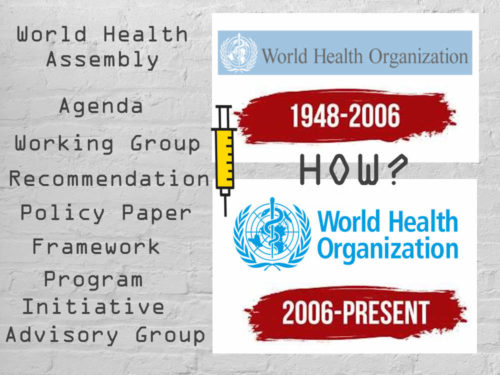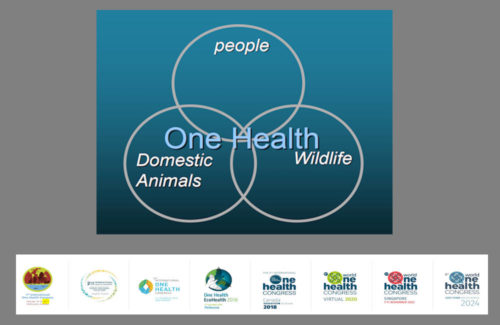UN World Happiness Day is born – brining together 3 pillars of sustainable development
On April 2, 2012, the United Nations held the first ever High-Level Meeting on Happiness and Wellbeing: Defining a New Economic Paradigm. At this meeting "United Nations Secretary-General Ban Ki-Moon said, “We need a new economic paradigm that recognizes the parity between the three pillars of sustainable development. Social, economic and environmental well-being are indivisible. Together they define gross global happiness.” [3, 4] It was attended by Australia's Honourable Tim Fisher (comments in report) UN International Happiness Day was founded by Jayme Illien and "was officially sanctioned by the United Nations in their UN Resolution 66/281 on June 28,2012, because "happiness as a fundamental human right and goal". It was first celebrated on March 20, 2013 and annually ever since on the same date all over the world. Why "Happy", in Oct 2020 World Economic Forum (WEF) tweeted “You will own NOTHING and you WILL BE HAPPY” and The Great Reset. According to the self appointed "leaders" the COVID-19 pandemic presented an "opportunity" for their plan to Build Back Better! Who is WEF? United Nations World Order Agenda 2030 means that land and property ownership will be a thing of the past, as ownership leads to "social injustice" [1, 2]..> READ MORE



